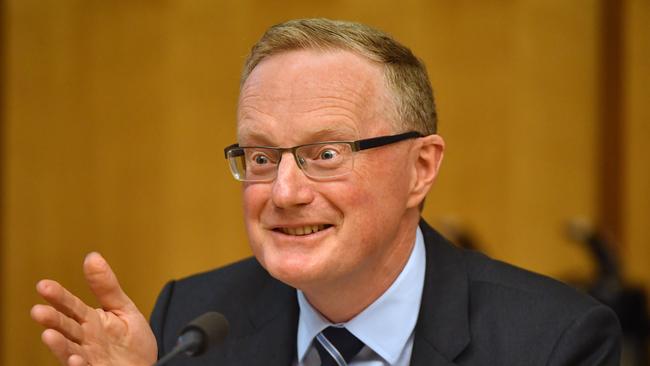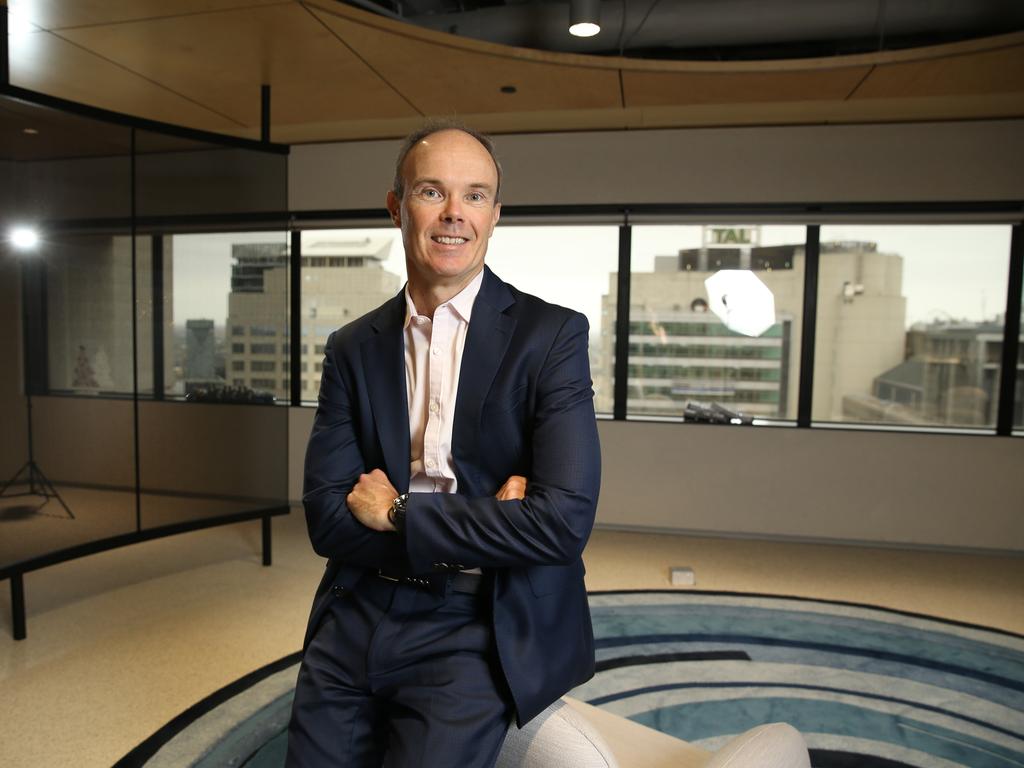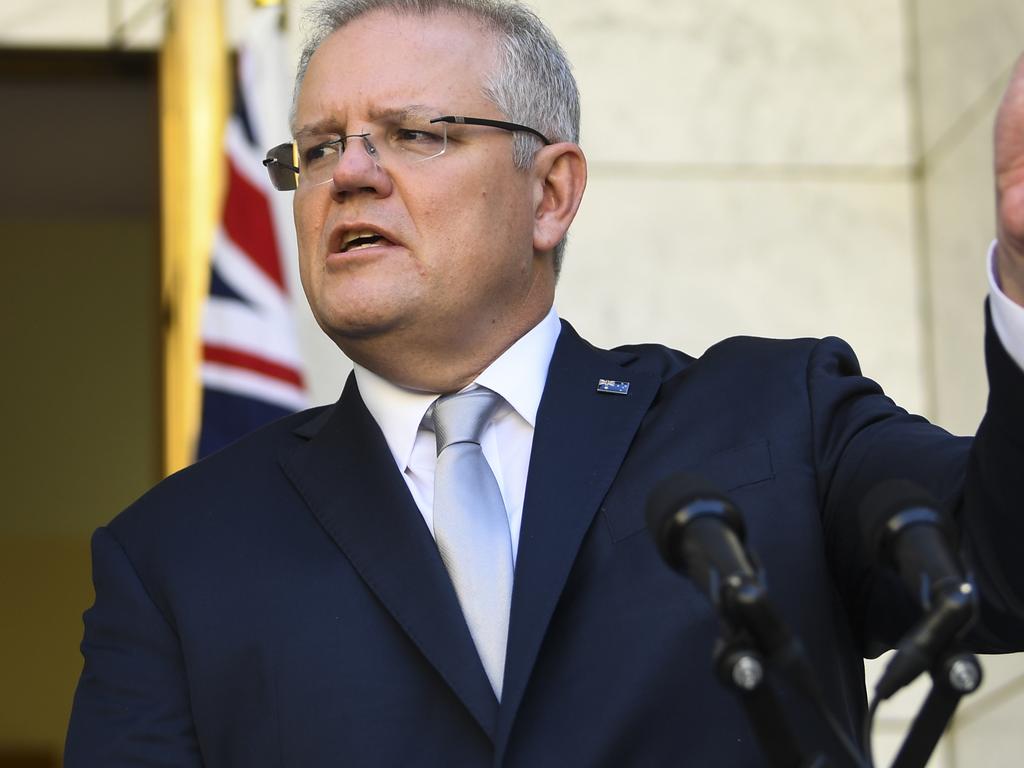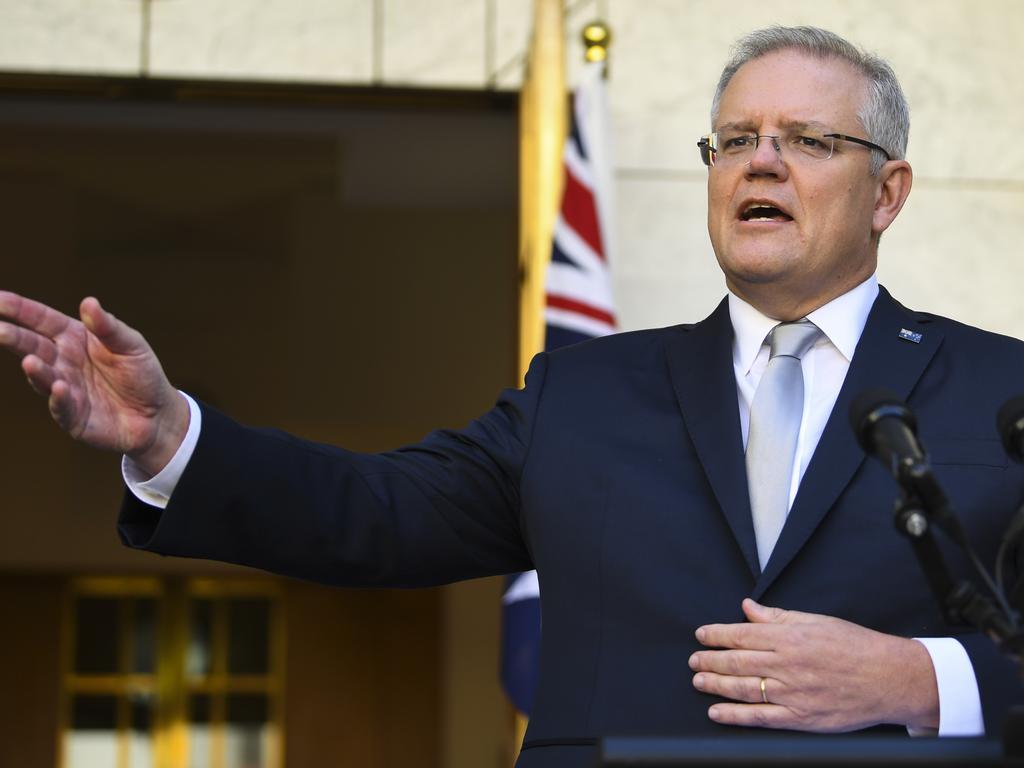Coronavirus: Expected RBA interest rate cut draws few admirers
Ex-Reserve Bank staffers doubt further cuts to the official interest rate — widely expected to occur today — will boost confidence.

Former Reserve Bank staffers doubt further cuts to the official interest rate — widely expected to occur on Thursday — will boost confidence as the economic fallout from the coronavirus deepens, saying it is up to government to increase fiscal stimulus.
A quarter of a percentage point cut in the cash rate to a record low of 0.25 per cent and some form of “yield control” were a “fait accompli”, said Justin Fabo, a senior economist at Macquarie. “But I’m not sure anything at the moment would make people feel much more comfortable.”
The Reserve Bank, which has pumped billions of dollars of liquidity into the bond market since cutting the cash rate to 0.5 per cent earlier in March, is expected to join other central banks in formally kick-starting a quantitative easing program.
“Whether it’s couched in terms of explicit quantitative easing or not is debatable, but the end result might be the same,” Mr Fabo said.
‘The RBA hasn’t articulated what it would actually achieve.’
Central banks in the US, Japan and Europe have created trillions of dollars of new money to buy government and corporate bonds — known as quantitative easing — in a bid to keep interest rates low and boost economic growth and inflation.
The RBA said it was prepared to implement “yield curve control” — a form of QE — when it cut the cash rate earlier in March.
Paul Bloxham, another former senior RBA economist, said monetary policy was “out of room — the main game now is fiscal”.
“To the extent the RBA makes it cheaper for the government to fund itself, that’s probably the main mechanism to help the economy,” he said.
The US Federal Reserve last week announced it would buy $US700bn ($1.1 trillion) worth of bonds and mortgage-backed securities.
The British government is offering up to £330bn ($663bn) of discounted loans via the Bank of England to help small to medium-sized businesses.
“Something like that would make sense here,” Mr Fabo said.
Tony Abbott’s former chief economist, Andrew Stone, who worked more than 10 years at the RBA, said cutting rates and starting QE was a “terrible idea”.
“This won’t see people spend in the sectors of the economy that are suffering: restaurants, tourism and hospitality,” he said.
“The RBA hasn’t articulated what it would actually achieve. Stock prices will settle back to wherever they should be. Why do we have to bail out relatively well-to-do stock investors?”
The benchmark ASX200 share index dropped another 6 per cent on Wednesday, finishing below 5000 for the first time since 2016.
The major banks passed on the full 0.25 percentage points to borrowers following the most recent cut in interest rates.
Warren Hogan, an economist at UTS business school, said any cut to the cash rate should not be passed on this time. “The RBA rate cut on Thursday has to be aimed at improving bank profitability, making them more resilient to shocks coming down the pipe,” he said.
The federal government is set to announce a second round of stimulus measures on Thursday.
Now chief economist at HSBC, Mr Bloxham praised New Zealand’s stimulus package — about 4 per cent of GDP — as “massive and substantial”.







To join the conversation, please log in. Don't have an account? Register
Join the conversation, you are commenting as Logout